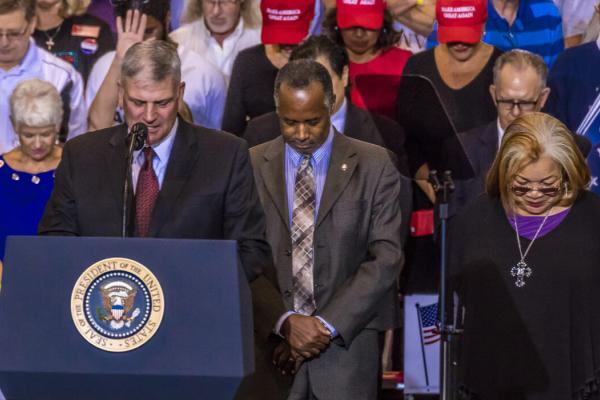DIETRICH BONHOEFFER was a young pastor and theologian in Germany during the rise of Adolf Hitler. Bonhoeffer founded an underground seminary, where he helped to lead what became known as the Confessing Church. His fundamental question was always, “Who is Jesus Christ for us today?”
There are never exact analogues in history. But there are questions and challenges from 1930s Germany that we should learn from today.
The Confessing Church and the Barmen Declaration, its statement of theological resistance to Nazism written mostly by theologian Karl Barth, were not simply expressing political opposition to Hitler and Nazism. Their objections were theological, and Hitler’s name was not even mentioned in the declaration. The issue for them was discipleship to Christ, as opposed to the uncritical support that many church leaders were offering to Hitler, creating in effect a “state church.”
Read the Full Article

